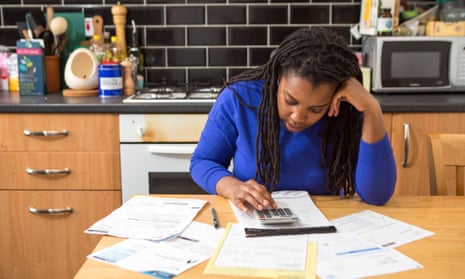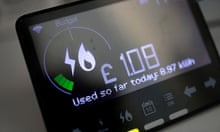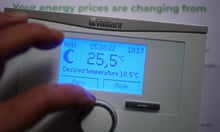Consumers are braced for huge rises in their household bills on everything from water to broadband, as the cost of living crisis continues to bite.
Despite inflation easing, Monday will see the cost of a host of bills and taxes increasing, adding further pressure to household finances more than two years after bills began to rise significantly.
Rates for phone, broadband and water services will increase from Monday, while consumers also face rises in the TV licence fee, vehicle tax, dental charges and council tax.
For water, the average customer’s bill will rise by 6%, equating to an increase of £27 for the year, to £473. Bills will vary across the country, with Wessex Water customers paying the most at £548 a year, up £59 from last year. At Thames Water, which serves 16 million customers across London and the south-east, bills will increase by £15, with the average customer paying £471 a year.
UK Water has justified the price rises by saying that next year water companies will invest £14.4bn – the highest amount for a single year – to reduce the amount of sewage in the rivers and seas and to secure water supply.
Mobile phone and broadband companies are set to increase bills by up to 8.8% in April for those not on fixed-rate contracts.
According to analysis by USwitch, Virgin Media will be implementing the biggest increase on broadband and mobile deals at 8.8%, with other big providers including Plusnet, Vodafone, EE, Three and BT raising their rates by 7.9%.
USwitch has estimated that this will see consumers paying on average £27.19 more for their broadband, and £24.23 more on mobile phone bills.
Council tax will be one of the other big household expenses to leap, by 5.1% in most areas of England, as cash-strapped authorities look to plug funding gaps to pay for services. The increase will add an extra £106 on average for consumers living in a band D home – sold for between £68,000 and £88,000 in 1991 – taking the total annual average bill to £2,171.
Scotland has implemented a council tax freeze until 2025. In Wales the increases vary from 5% to 16%, and in Northern Ireland from 4% to 10%.
The TV licence fee will go up by 6.6% to £169.50 after a two-year-freeze, and the price of first-class stamps will increase by 10p to £1.35, and second-class stamps by the same amount to 85p.
NHS dental fees will rise by 4%, meaning a standard check-up will go up by from £25.80 to £26.80 and treatments such as denture fittings will rise from £306.80 to £319.10. Vehicle tax will increase by about £10 for most cars registered after April 2017, while those before that date will depend on emissions.
There is some good news for consumers, however. The energy price cap is set to fall to its lowest level since March 2022, before the full-scale invasion of Ukraine led to a jump in gas prices.
after newsletter promotion
Under the new price cap, which is altered each quarter, bills will drop by 12% from £1,928 to £1,690 a year for a typical household that uses gas and electricity and pays by direct debit.
The rate is still far higher than the £1,138 cap in the summer of 2021, before the energy crisis escalated.
Despite the latest fall in the cap, analysis from the Energy and Climate Change Intelligence Unit (ECIU) found that those in poorly insulated homes with an F energy performance certificate (EPC) rating would pay on average £340 more for gas than those with a C rating.
Some households will benefit from increases coming in this week, with the minimum wage set to increase from Monday from £10.42 to £11.44, the third highest increase since it was brought in 1999.
The uplift is expected to benefit about 2.5 million people, with full-time workers expected to see an extra £1,800 in their pay across the year.
The majority of benefits, including universal credit and personal independence payment, are set to rise by 6.7%, while the state pension will go up by 8.5%.










